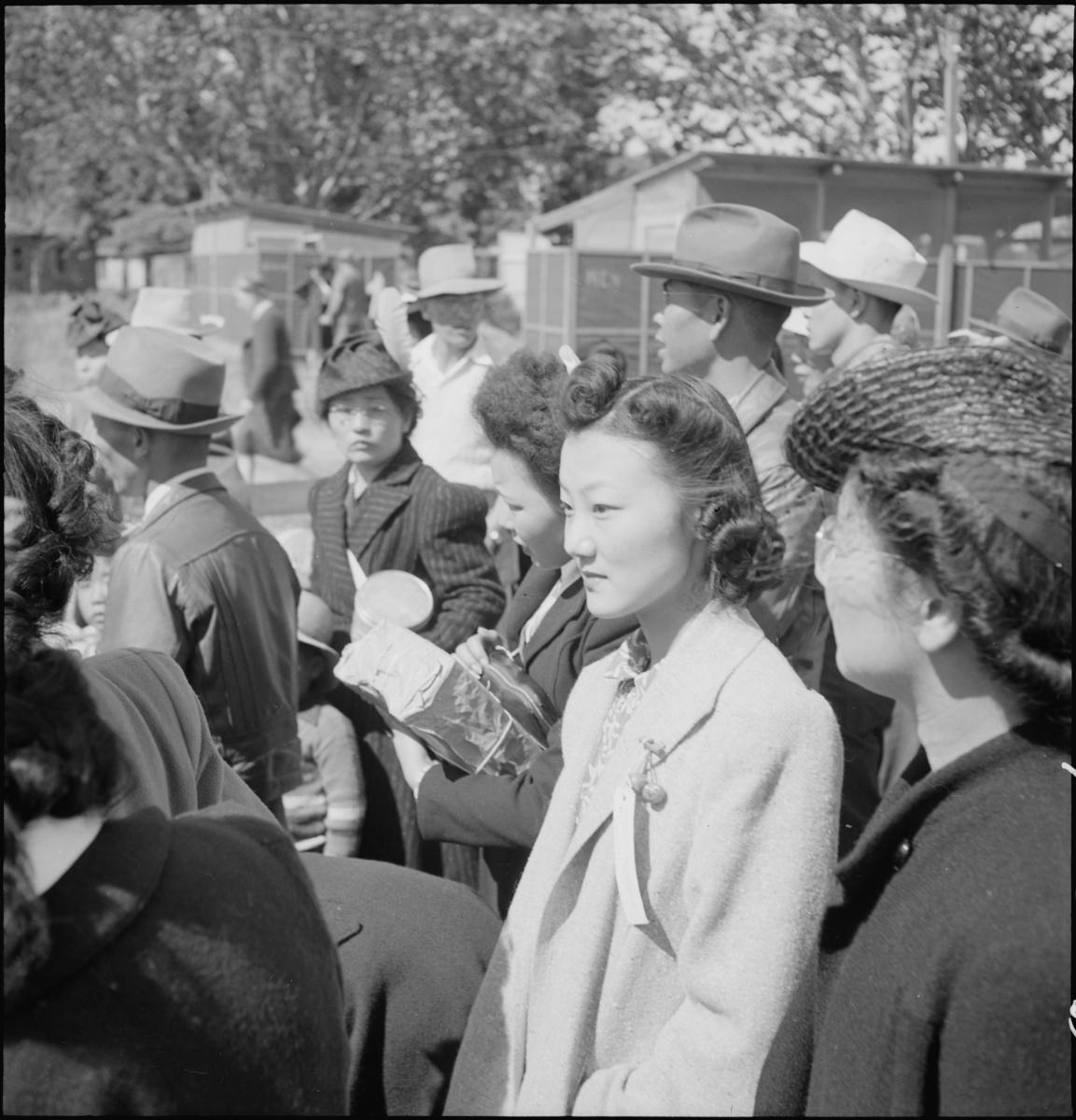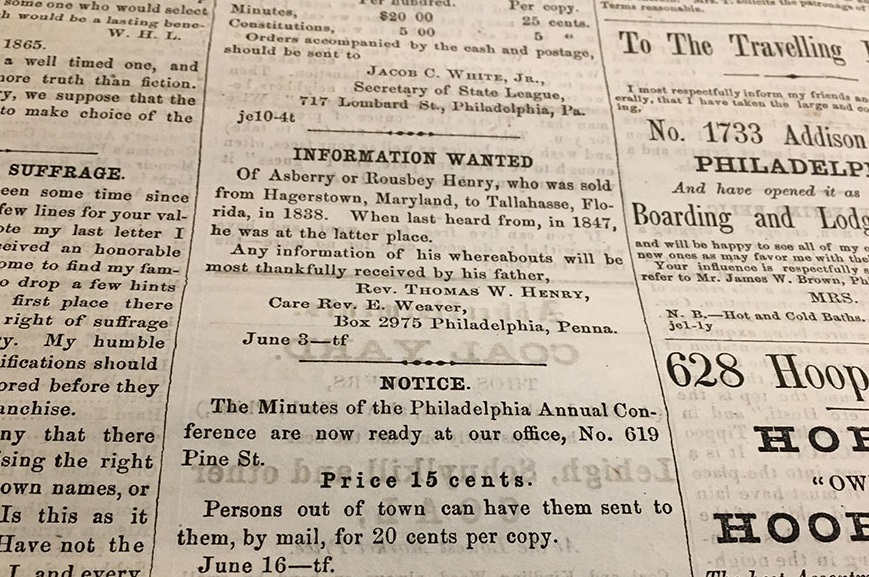
Who Tells Your Story? National Archives Start-Up Grants to Expand Cultural Narrative
By Miriam Kleiman | National Archives News
WASHINGTON, February 3, 2021 — The National Archives, through its National Historical Publications and Records Commission (NHPRC), is offering a new grant program aimed at expanding cultural diversity in American history.
A $2.35 million grant from the Andrew W. Mellon Foundation will fund a new program, Start-Up Grants for Collaborative Digital Editions in African American, Asian American, Hispanic American, and Native American History, that will vastly expand the number and scope of digital historical records projects and provide greater online access to a wider range of minority voices. Hailed by the American Historical Association as its “Grant of the Week,” this new initiative is the largest grant in the decades-long partnership between the Mellon Foundation and the National Archives, one that dates back to the nation’s 1976 Bicentennial.
“Thanks to our continued partnership with the Mellon Foundation, we will be able to share and amplify the voices of previously marginalized groups,” said Archivist of the United States David S. Ferriero. “These are important voices in American history and deserve to be heard. This has been an extraordinary time of dialogue and debate on the complicated issues of representation, opportunity, race, and rights. While there have been historic strides on many fronts, projects like this NHPRC-Mellon grant program will help, as we continue to strive for a more perfect union."
The NHPRC-Mellon Start-Up Grants for Collaborative Digital Editions in African American, Asian American, Hispanic American, and Native American History program will increase outreach to a wider group of future historians, librarians, and archivists, including those at tribal and historically Black colleges and universities and at institutions and programs that serve Hispanic people. Priority will be given to start-up projects on under-represented historical topics and communities. The initial call for proposals deadline is June 9, 2021. Learn more online.
This program dovetails with the Archivist's goals for his Task Force on Racism: working to “ensure a diversity of representation, viewpoints, access, and outreach in our exhibits, education, and public programs."
The NHPRC-Mellon initiative seeks to amplify a multiplicity of voices from American history. The program stems from a goal of the NHPRC’s 2016 Strategic Plan: to “Enhance the capacity of small and diverse organizations with historical records collections” by promoting “the institutional advancement of organizations in underserved communities with historical records collections and assist locally-based repositories with training and tools to improve their stewardship abilities.”
While the NHPRC has funded a small number of key projects in African American history—the Papers of Martin Luther King, Jr., the Frederick Douglass Papers, and others—this new program will broaden both the cultural narrative and the field of historians and scholars who contribute to it. Over the past decade or so, particularly in historical fields that explore the lives of Black people, indigenous people, and people of color (BIPOC), scholars have focused on recovery and repair, of finding ways to make visible the untold thousands of men, women, and children whose very lives—or at least remnants of what can be known through existing records—have been all but erased.
Equally important to the NHPRC-Mellon initiative is its support for creating opportunities for the next generation of documentary editors and digital historians.
The language from NHPRC’s grant announcement reflects this approach: ”We strongly encourage applications from collaborative teams that include BIPOC faculty and staff in key positions, and that include editorial, archival, and technical staff at Historically Black Colleges and Universities, Hispanic-Serving Institutions, Tribal Colleges, and/or other Indigenous and Native American tribal scholars and community members, and members of the Asian American community. We also encourage projects to seek out community members as well as undergraduate and graduate students to contribute to (and benefit from) participation in all phases of the project.”
Christopher Eck, NHPRC Executive Director, noted that "the NHPRC-Mellon initiative focuses on digital editions that give voice to BIPOC communities and broaden the profession—not only in the subjects of the American Story, but who gets to tell it.”
The field of digital history is changing rapidly. Just in the past few years, NHPRC has funded digital editions and major archival projects that explore the stories of African Americans seeking missing relatives in the decades after the Civil War, a digital repository and curriculum guide for the records of the Carlisle Indian School, and a project to capture the oral histories of the Museum of Chinese in America.
Darrell Meadows, NHPRC’s director for publishing, explained that a new approach is needed to ensure the history of traditionally marginalized peoples is preserved and made available.
“We need to encourage and support the innovative and collaborative rethinking of the historical edition and the historical narrative itself—how it is conceived, whose voices it centers, and for what purposes,” Meadows said. “For us, that work involves a relentless focus on providing access to historical records that document the voices, experiences, and actions of the full diversity of people who make up our democracy, and that serve as foundational and generative sources for understanding our complex humanity.”


